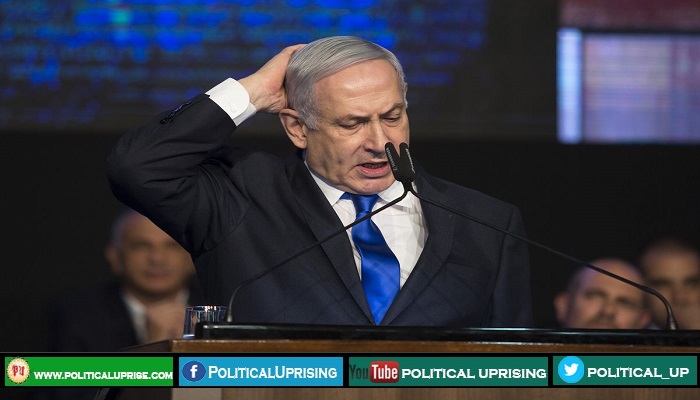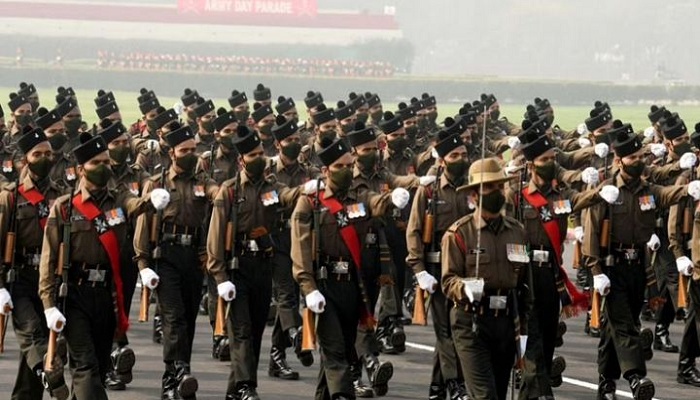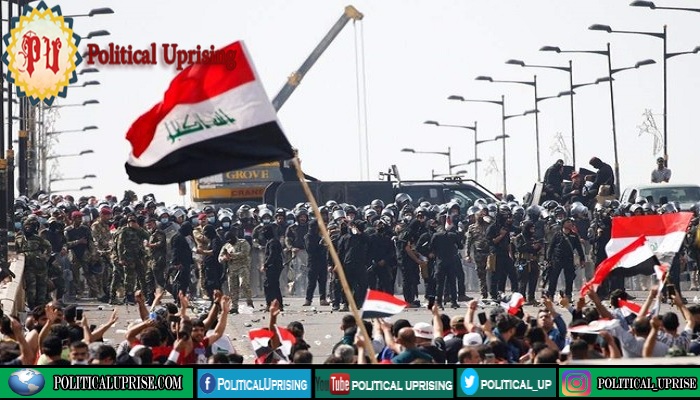Sri Lanka presidential voting stir ethnic tensions,Minorities fear return of Gotabaya Rajapaksa in presidential election.
Former defence chief Rajapaksa‘s supporters stir ethnic tensions as he takes on the ruling party’s Premadasa.
At Kesbewa, a suburb of Sri Lanka‘s capital Colombo, thousands of supporters of the Sri Lanka Podujana Peramuna (SLPP) party wait for hours in the driving rain for the man they believe will be the country’s next president.
Clad in maroon party shirts, they wave flags and cardboard cut-outs of the young lotus, the party’s symbol.
Read More: Iran found extensive new oil field
Minutes later, Gotabaya Rajapaksa, the SLPP’s candidate for president and brother to former two-time president Mahinda Rajapaksa, arrived to raucous cheers as fireworks went off and many supporters lit bright red flares.
“Put your trust in me,” he told them, closing out what has been a hectic six weeks of official campaigning.
“Make sure that you take care of your responsibility. [I promise] a safe country, a prosperous country and a confident nation.”
Read More: Mauritius PM won comfortable majority
About 20km away, green fairy lights were strung across what is normally a busy commercial road in the heart of Colombo’s Maradana area, as thousands of supporters of the SLPP’s rival United National Party (UNP) awaited their candidate, Sajith Premadasa.
Clad in a white shirt and garlanded with flowers and a green shawl, Premadasa told supporters the UNP which has controlled parliament since 2015 will usher in a new era of prosperity.
“We will start a new era within a united Sri Lanka by strengthening national security, protecting sovereignty and integrity, safeguarding political freedom, and giving prominence to Buddhism, while also protecting other religions,” he said.
Read More: Instagram to do certain changes
Sri Lankans go to the polls on Saturday in an election that has seen an energetic and, at times, ethnically divisive campaign between the two frontrunners, Premadasa and Rajapaksa.
Premadasa, representing the ruling party, has built his campaign on promising a mixture of continuity and new leadership.
Rajapaksa, a former defence chief under whom Sri Lanka’s 26-year war with Tamil rebels ended, has promised a return to the policies of his brother Mahinda, who many rights groups accused of widespread violations during his 10-year rule.
For voters, questions of constitutionality appear to be far from the top of their electoral priorities.
The South Asian country has faced sluggish economic growth in recent years, with the International Monetary Fund (IMF) estimating that gross domestic product growth in 2019 will slow further to 2.7 percent.
Burdened with $34.4bn in foreign debt (38 percent of GDP) much of it owed to China for projects undertaken during the Mahinda Rajapaksa-led government the government has struggled to pay back loans while also generating jobs and income.
“The cost of living is very high, and the youth are not able to get jobs,” said MB Nandipala, 75, a retired factory worker who supports Gotabaya Rajapaksa.
Premadasa supporters, too, said they were feeling the economic pinch and were hoping his leadership could help steer the UNP government towards better policies.
Sri Lanka presidential voting has created tension for Minorities as they are concerned a Rajapaksa win could be a step backwards.



